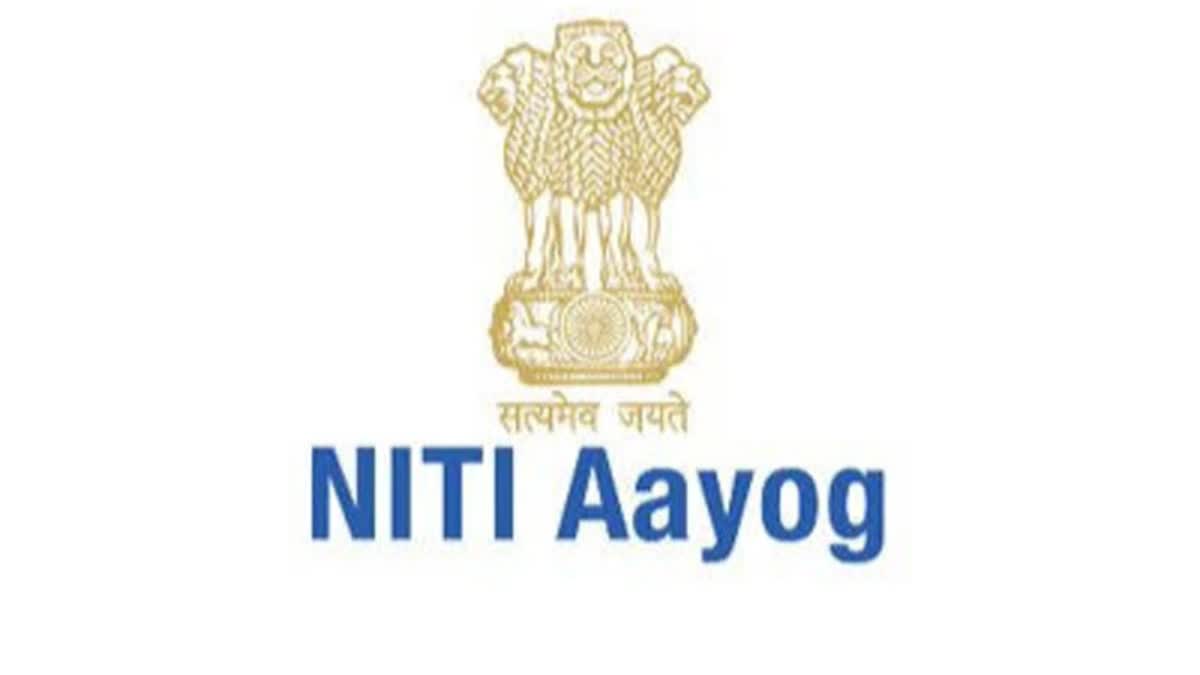New Delhi: A detailed policy brief titled “Expanding Quality Higher Education through States and State Public Universities,” released by NITI Aayog, outlines a strategy to enhance India’s higher education framework. The report highlights the essential role of State Public Universities (SPUs) in providing accessible and high-quality education to the increasing number of students in the country.
With 495 SPUs and more than 46,000 affiliated institutions serving 81% of total student enrollment, these universities are fundamental to India’s higher education landscape. The policy brief advocates for immediate reforms to boost research, teaching methods, funding, governance, and employability, in line with the vision of the National Education Policy (NEP) 2020. The aim is to elevate SPUs to world-class institutions that can contribute to India’s socio-economic growth and enhance its global standing.
Key Areas of Reform
Improving Research and Curriculum
The report emphasizes the necessity of a robust research environment in SPUs to promote innovation and gain international recognition. Key recommendations include:
Establishing research hubs within groups of SPUs to encourage collaboration.
Creating dedicated Research Support Offices and Patent Cells in universities.
Implementing a National Research Policy that aligns with the Anusandhan National Research Foundation (ANRF).
Offering performance-based incentives and scholarships for faculty and students involved in research.
Regularly updating curricula in partnership with industry experts to maintain relevance.
Furthermore, the policy brief underscores the significance of incorporating multidisciplinary education and holistic learning, with an emphasis on sustainability, ethics, and global citizenship.
Enhancing Digitalization in Higher Education
Acknowledging the transition towards digital learning, the report stresses the need to upgrade IT infrastructure in SPUs.
Expanding high-speed internet access throughout campuses.
Integrating AI-driven digital platforms for student lifecycle management.
Establishing digital learning centers to enhance online and blended learning opportunities.
Strengthening Industry-Academia Collaboration
To boost employability, the policy brief suggests a stronger connection between SPUs and industries. Proposed actions include:
Setting up Industry Relations Cells in universities to foster partnerships.
Requiring internships and apprenticeships in all SPU programs.
Creating incubation centers and entrepreneurship initiatives to support startups.
